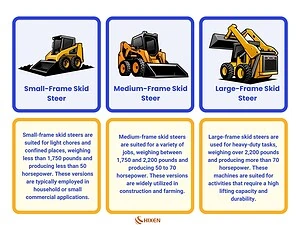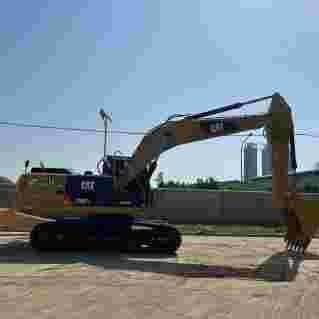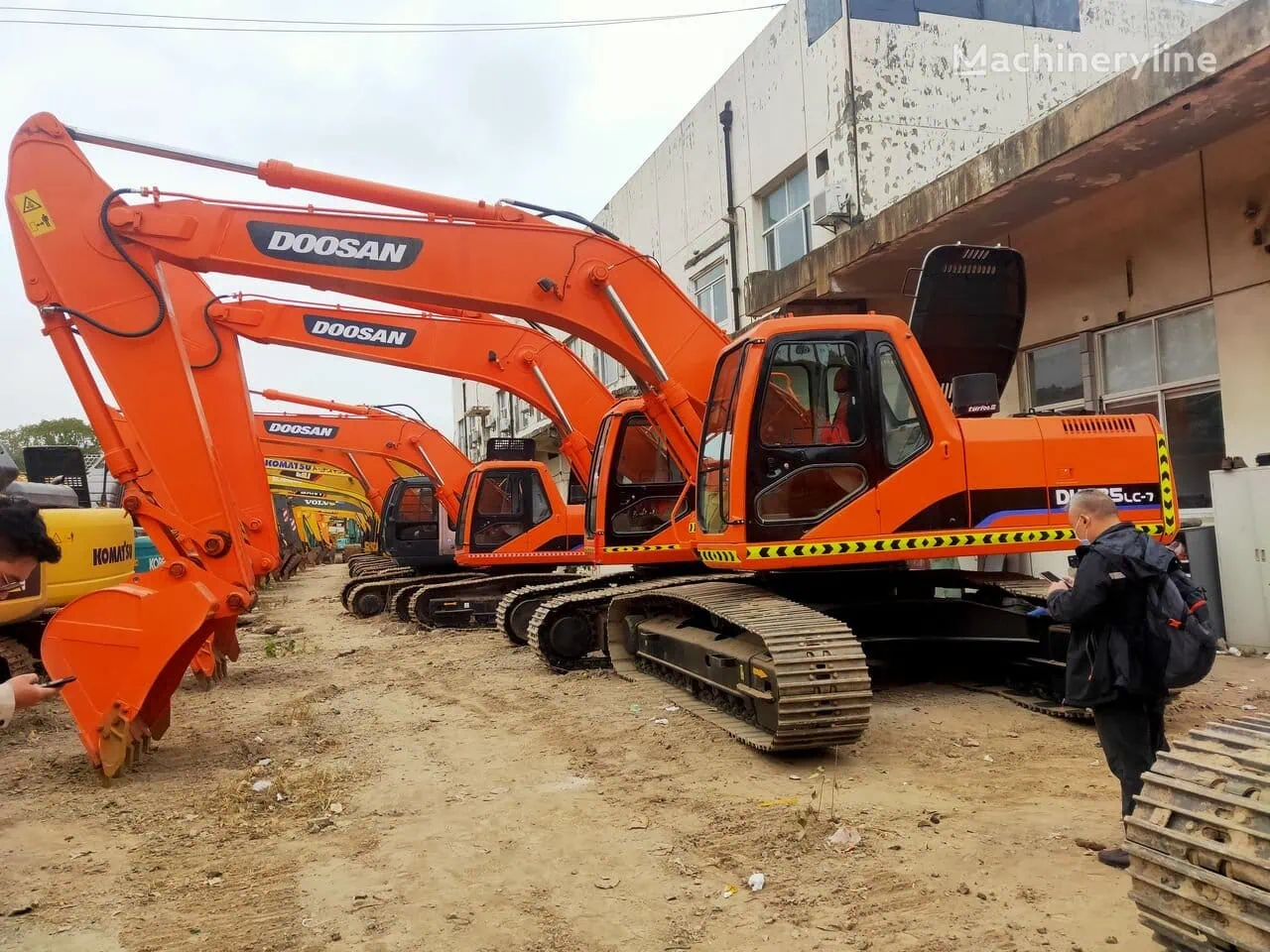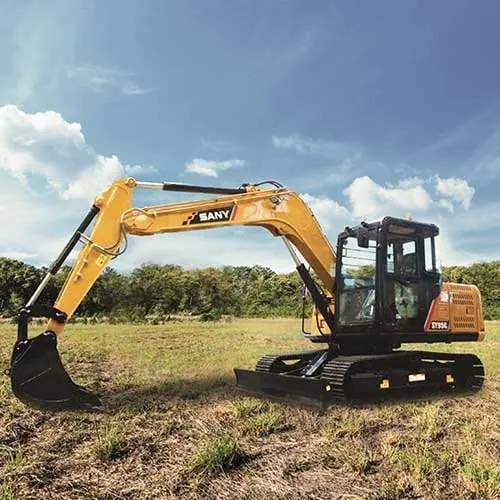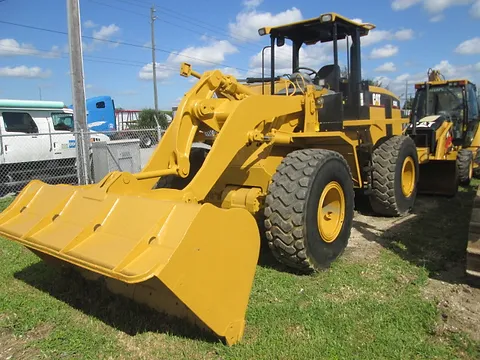Оглавление
ПереключатьIntroduction
Wheeled loaders are crucial in big machines used in construction and other industries. With their big wheels and powerful arms, these machines help move heavy stuff around. But just like how we take care of our bicycles or cars, wheeled loaders also need special care to keep working well. This is where “maintenance” comes in – it’s like giving the loaders a check-up to ensure everything is okay.
In this article, we will talk about why taking care of these machines, especially those used before, is super important. So, let’s dive in and learn the importance of regular maintenance for used wheeled loaders!
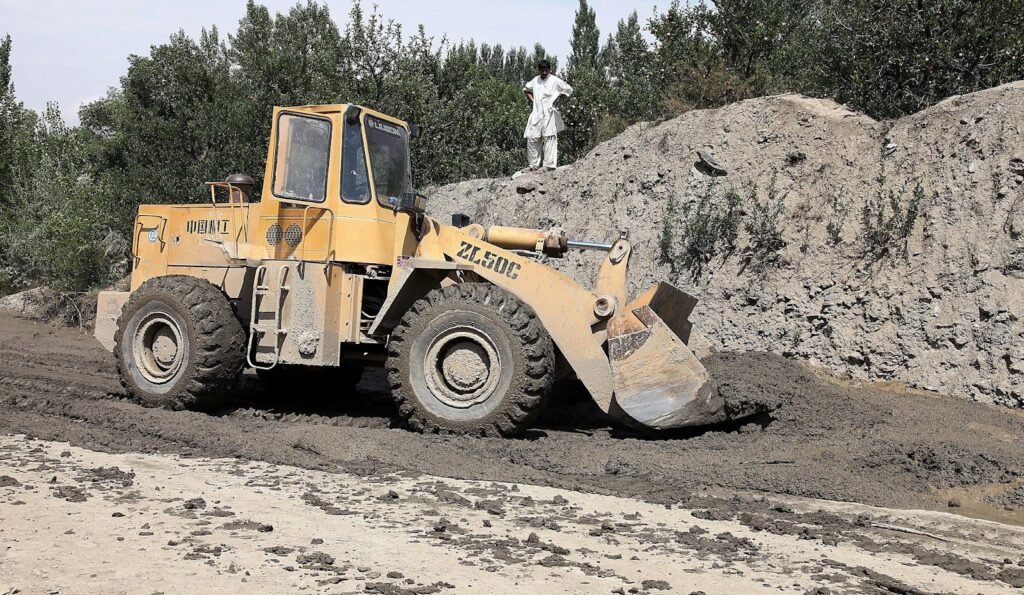
What Are Wheeled Loaders?
Wheeled loaders are heavy-duty machines that resemble a mix between a big truck and a forklift. They have large wheels and a front arm with a bucket-like attachment. These machines are designed to do some heavy lifting and moving. Imagine a friend helping you move your furniture, but this friend is a super-strong machine!
Core Functions of Wheeled Loaders
The main job of wheeled loaders is to scoop up materials like dirt, rocks, or sand using their big front bucket. They can then carry these materials from one place to another. It’s like when you’re at the beach and use a bucket to carry sand to build a sandcastle but on a much larger scale. Wheeled loaders can also dump their scooped materials into trucks or other containers.
Industries Relying on Wheeled Loaders: Construction, Mining, Agriculture, and More
Wheeled loaders are like the superheroes of heavy machinery because they can be used in many industries.
- Construction: In the world of construction, wheeled loaders are like workhorses. They move heavy building materials around the construction site. From bricks to gravel to cement, wheeled loaders help builders get everything where it needs to be.
- Mining: Digging into the ground to find valuable things like minerals and metals is tough. Wheeled loaders make it easier by digging up the earth and loading the valuable stuff onto trucks.
- Agriculture: On farms, wheeled loaders are like big helpers. They can move piles of hay, grain, or animal feed. They’re also used to clear snow from paths during winter.
- Landscaping: When you see a garden being transformed or a park being built, wheeled loaders are often behind the scenes, moving soil, rocks, and plants.
- Waste Management: Even wheeled loaders have a role in keeping our environment clean. They help in moving and loading waste materials into trucks for proper disposal.
No matter where you look, these machines are an important part of getting heavy tasks done efficiently. They save time and make tough jobs much easier.
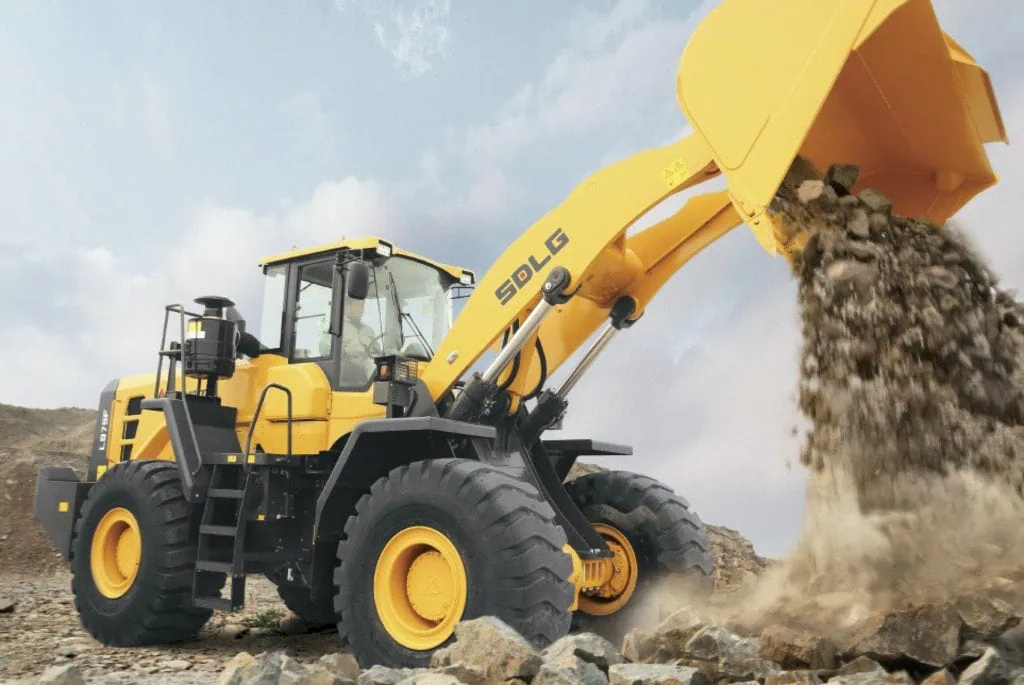
What Is the Lifecycle of Used Wheeled Loaders?
Stages: Manufacturing, Initial Use, and Resale
Just like humans have different stages of life, machines like wheeled loaders also go through various phases. It’s like a journey that these big machines take.
Manufacturing
The very first stage is when the wheeled loader is created. This is when all the parts come together to make a brand-new machine. It’s like when a car is built in a factory.
Initial Use
Once the wheeled loader is built, it gets to work! It’s used in industries like construction, mining, and farming. It’s like a new employee starting a job.
Resale
After the wheeled loader has been used for a while, it might be sold to a new owner. This is when it enters the resale stage. It’s similar to when someone sells their old car to someone else.
Challenges Faced by Used Wheeled Loaders: Wear-And-Tear, Obsolescence
As wheeled loaders go through their lifecycle, they face some challenges, just like in different life stages.
Wear-And-Tear
Imagine if you used your favourite toy every day – over time, it might get worn out or broken in some parts. That’s what happens to wheeled loaders, too. The more they work, the more they can get worn down, and parts might need fixing or replacing.
Obsolescence
This big word means something has become outdated or not as useful anymore. Just like older phones might not run the latest apps, older wheeled loaders might not be as efficient or safe as newer models. So they might not be needed as much.
What Is the Importance of Regular Maintenance?
Ensuring Optimal Performance Through Maintenance
Think of wheeled loaders as athletes – they need proper care to perform at their best. Regular maintenance is like their training regimen. We ensure the loaders work smoothly by checking and fixing things like the engine, hydraulics, and other important parts. This helps them do their heavy lifting job efficiently, like how athletes must stay fit for peak performance.
Extending Lifespan With Proper Care
Imagine a plant – when we water and care for it, it grows well and lives longer. Wheeled loaders are similar; they need attention to live longer, too. When we change the oil, replace worn-out parts, and keep them clean, we’re helping them live a healthier, longer life. Like how our pets need proper care to stay happy, wheeled loaders need care for a longer and useful life.
Safety Boost and Operator Well-Being
Safety comes first, whether it’s us or machines. Regular maintenance ensures wheeled loaders are safe to use. Just as wearing a seatbelt keeps us safe in a car, maintaining loaders keeps their systems working safely. This not only protects the people operating them but also others around them. Happy operators mean better work and fewer accidents, ensuring everyone’s well-being.
Minimizing Downtime: Preventive Maintenance
Have you ever had to stay home because you were sick? Machines, including wheeled loaders, can “get sick” too, leading to downtime – when they can’t work. Preventive maintenance is like taking vitamins to stay healthy and avoid getting sick.
By checking loaders regularly, we catch small problems before they become big. This means less time when the machines are out of action, keeping work on track.
Financial Benefits: Cost Efficiency of Maintenance
Imagine spending a little money to fix a small problem now rather than a lot to fix a huge problem later. Regular maintenance is like an investment that saves money. By spending a bit on maintenance, we avoid big repair bills. Plus, well-maintained loaders have better resale value. It’s like taking care of your gadgets – they last longer and can be sold for a good price.
What Are the Components and Areas Requiring Regular Maintenance?
Engine and Powertrain: Heart of the Loader
Imagine the engine of a wheeled loader as its heart – it makes everything move. Regular check-ups for the engine are like giving it a health check. Changing the oil, cleaning filters, and ensuring everything’s working smoothly keeps the heart of the machine strong.
Just like we need to eat well and exercise for a healthy heart, wheeled loaders need maintenance for their engine to keep working their best.
Hydraulic Systems: Fluids, Hoses, and Pumps
The hydraulic system in a wheeled loader is like its muscles – it helps the machine lift heavy things. These muscles need care, too! The maintenance routine includes checking fluid levels, inspecting hoses for leaks or damage, and ensuring pumps work properly. It’s like stretching and staying hydrated before exercise – these actions keep the loader’s “muscles” ready for action.
Tires and Wheels: Maintaining Traction and Stability
Think of the tires and wheels on a wheeled loader as its shoes – they help it move and stay balanced. Like we need good shoes for walking, loaders need well-maintained tires for stability. Checking tire pressure, looking for wear and tear, and ensuring the wheels are aligned are crucial. This ensures the loader can move safely and smoothly, like how we walk comfortably with good shoes.
Braking System: Ensuring Reliable Stopping
The brakes in a wheeled loader are like the brakes in a car – they help it stop safely. Regular maintenance of the braking system is like ensuring the brakes in a car work well. It involves checking brake fluid levels, inspecting brake pads and discs, and making necessary adjustments.
This is vital for the safety of the operator and those around the loader. Just like we want our brakes to work when driving, loaders need reliable brakes, too.
Electrical Components: Wiring, Lights, and Control Systems
Think of the electrical components in a wheeled loader as its nervous system – they help control its actions. Regular maintenance of electrical parts involves checking wiring, ensuring lights are working, and ensuring control systems are functioning correctly.
It’s like making sure our phones are charged and working smoothly. This keeps the loader’s “nervous system” in good shape, ensuring it operates without glitches.
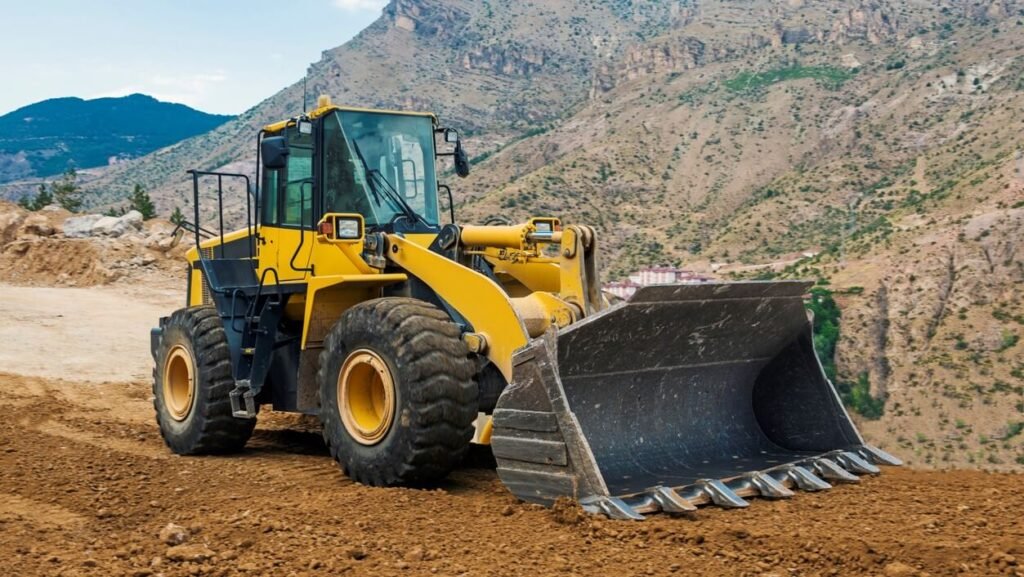
How to Create an Effective Maintenance Schedule?
Frequency of Maintenance Tasks
Think of a maintenance schedule like a to-do list for your wheeled loader. Just like we have routines, machines need regular care, too. Different parts of a wheeled loader need attention at different times.
For example, changing the oil might be needed every few hundred hours, while checking the tires could be done more often. Making a schedule helps ensure each part gets the care it needs when needed, keeping the loader working well.
Adhering to Manufacturer’s Guidelines
Manufacturers are like experts who advise on how to take care of your wheeled loader. Following their advice is like using a recipe to cook – it gives you the best results. Manufacturers know all about the loader, so they suggest what needs checking and when. They’ll tell you when to change the oil and do other important things. Following these directions helps you keep your loader in good shape.
Leveraging Technology for Monitoring and Logging Maintenance Activities
Imagine if your wheeled loader could tell you when it needs help – some machines can! Like a fitness tracker counts your steps, these loaders can track how they’re doing. They can let you know when it’s time to change the oil or if something isn’t working right.
Keeping a record of these activities electronically is like writing in a diary – it helps you see what you’ve done and when you did it, which makes taking care of your loader even easier.
Difference Between DIY vs. Professional Maintenance?
Weighing the Pros and Cons of DIY Maintenance
Caring for your wheeled loader can be like caring for a pet. You can either do it yourself or ask someone else to help. DIY (Do It Yourself) maintenance means you do the work independently, while professional maintenance involves experts doing the job. Let’s see the good and not-so-good sides of both.
Pros of DIY Maintenance
Doing maintenance yourself can be satisfying and save money. It’s like fixing a bike – you learn something new and save a few bucks.
Cons of DIY Maintenance
But remember, you need to know what you’re doing. If you’re not sure, you might make things worse. It’s like trying to bake a cake without a recipe – it could end up a mess.
The Expert Touch: Benefits of Professional Technicians
Think of professional maintenance, like going to the doctor when sick. You trust someone who knows what they’re doing. Just like doctors, professional technicians are trained to understand machines.
Benefits of Professional Maintenance
These experts know wheeled loaders inside and out. They can catch problems you might miss. It’s like a mechanic discovering what’s wrong with your car before it breaks down.
Why Choose Professionals
Wheeled loaders are complex; sometimes, DIY fixes can lead to bigger issues. Professionals have the right tools and experience to handle these machines. It’s like hiring a chef to cook a fancy meal – they know how to make it perfect.
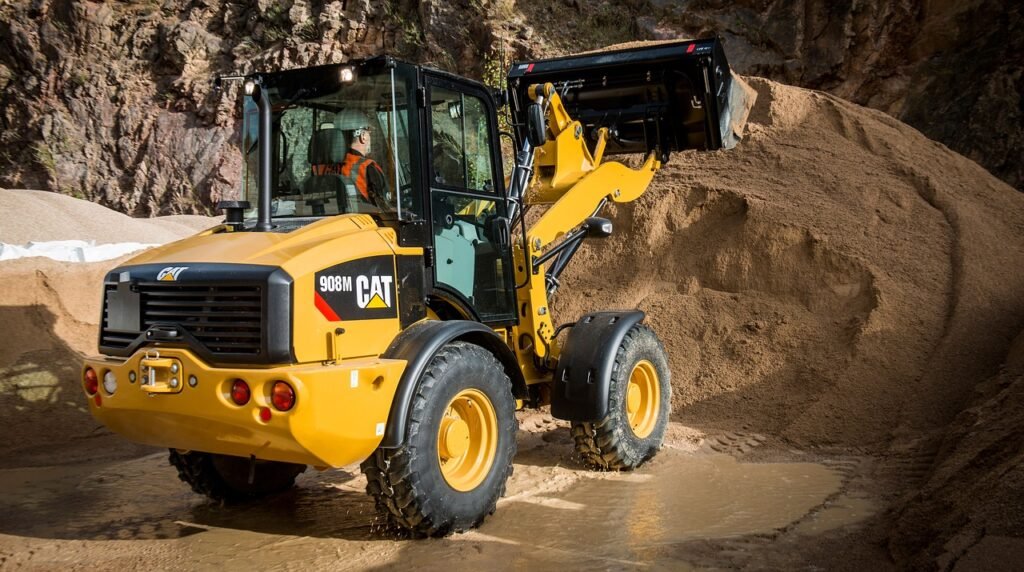
Заключение
Regularly looking after used wheeled loaders is like helping them stay fit and strong. It’s like caring for a pet – the more you do, the better they do. All these little things add to a safer and better machine, from checking the engine to keeping the brakes working.
Just like we take care of ourselves, taking care of these loaders makes sure they stay tough and ready for heavy work. This way, they stay useful for a long time in different jobs.
FAQs
How Do You Maintain a Wheel Loader?
Regularly check parts, change fluids, and follow guidelines to keep the loader running smoothly.
What Parts of the Loader May Need to Be Regularly Maintained?
Engine, hydraulics, tires, brakes, and electrical components need regular care to ensure top performance.
What Are the Key Responsibilities of Loader?
To lift and move heavy materials, follow safety protocols, and undergo regular maintenance for efficient operation.
Contact Us today to get the best used wheeled loaders in the best quality



